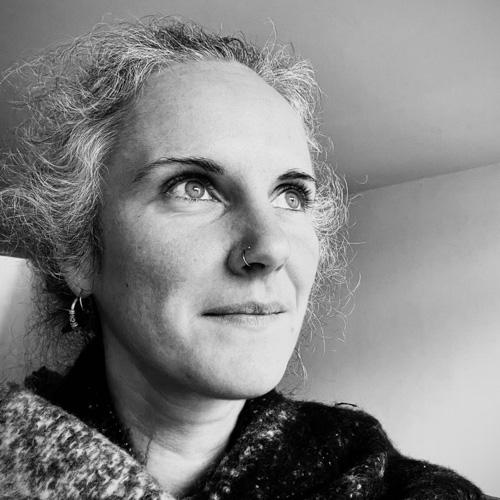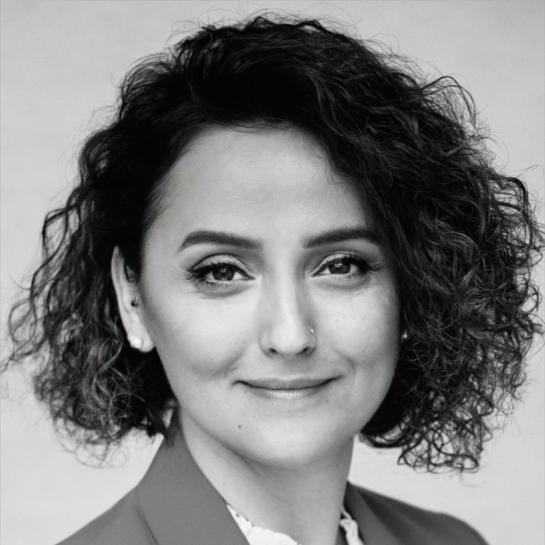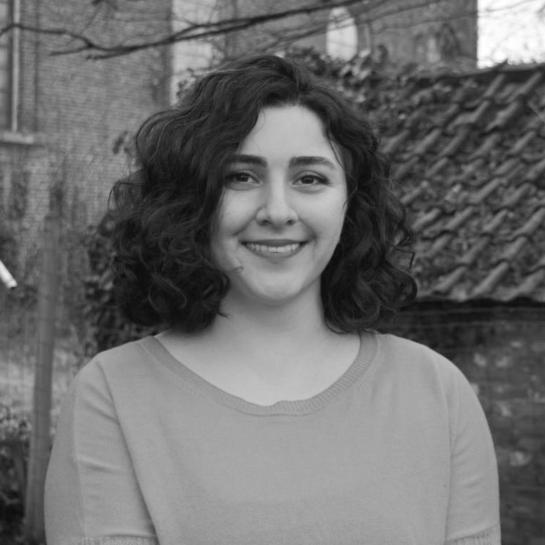2024 - 2028 | FWO
Promotor
Co-promotor
Researchers
Collaborator
Nissa Finney (St Andrews University)
Project coordinator
Project description
Residential ethnic segregation, although widely observed, is not fully understood. Segregation research has made a lot of methodological progress but has not been able to integrate new insights arising from population studies and urban scholarship, including longitudinal approaches and linked lives. This project aims to contribute to the understanding of ethnic segregation in three ways. Conceptually, it will develop a novel framework for understanding the processes and meanings of segregation that draws on theories of life course and intersectionality and integrates a focus on spatial context. Methodologically, it will build a mixed-methods approach to implement the framework based on quantitative and qualitative analysis. Empirically, it will provide new evidence on the intersecting causes and contexts of segregation through (i) the examination of spatial manifestations of de-standardised life course using unique individual, longitudinal and geocoded census and register data and advanced statistical and spatial techniques; (ii) the elucidation of narratives of segregation through subjective understandings of the multiplicity of (representations of) place and the experiences of living-in-segregation for different ethnic communities and community members through observation, interviews, mental mapping and portraits. By theorizing and evidencing spatial manifestations of standardization of life courses, the project intends to enhance academic scholarship in urban inequality.





